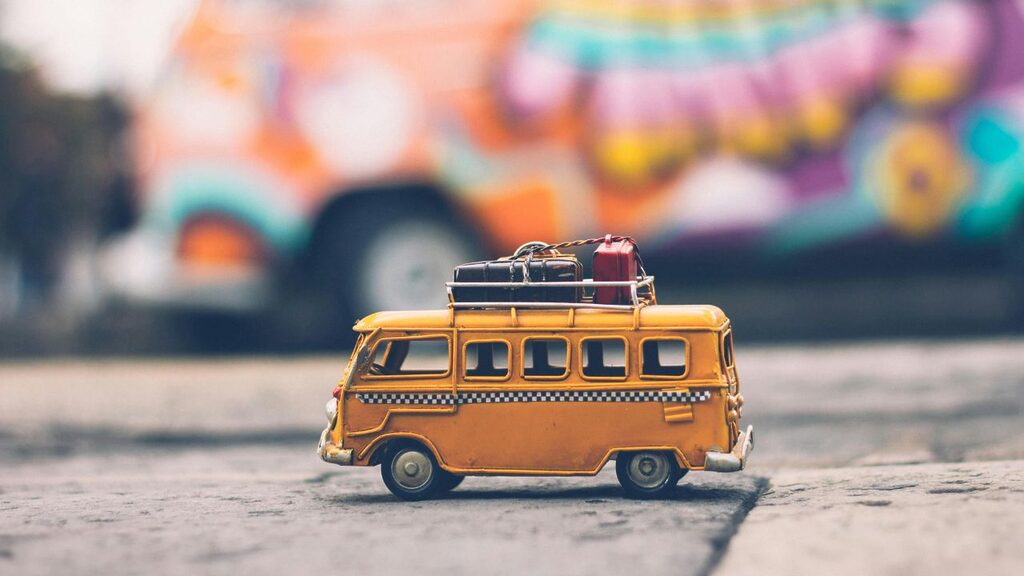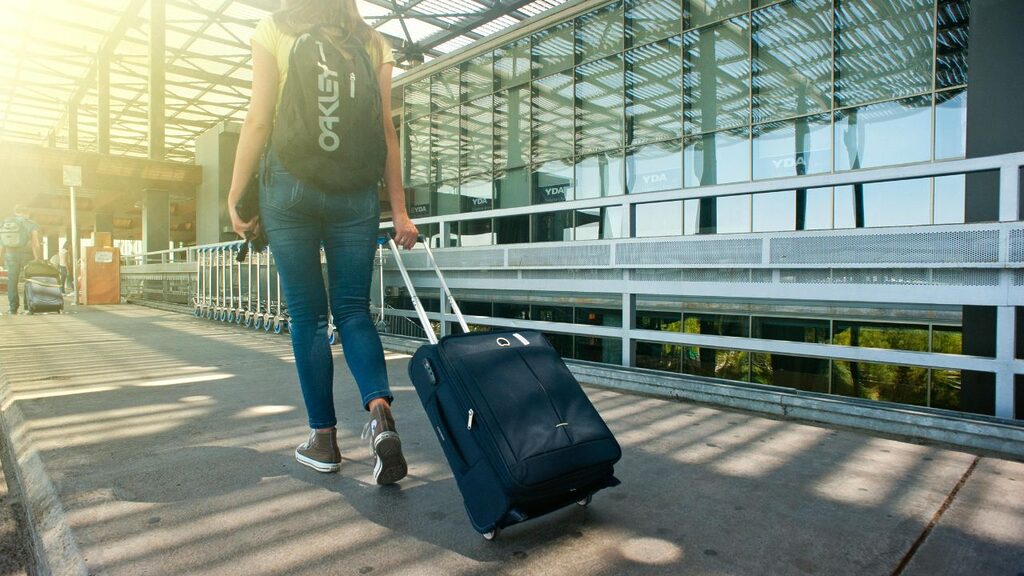Travel can be an enriching and exciting experience, offering new perspectives, relaxation, and adventure. However, for individuals in recovery, the prospect of traveling can also bring unique challenges and potential triggers. At Texas Recovery Centers, we believe that with proper planning and strategies, sober travel can be not only possible but also enjoyable and rewarding. Here are some practical tips and strategies to help you maintain your recovery while exploring the world.
1. Plan Ahead for Success
Preparation is key to successful sober travel. Consider the following steps:
- Research your destination for sober-friendly activities and accommodations
- Locate nearby support meetings at your destination
- Pack recovery literature or download recovery podcasts for support on the go
- Inform your travel companions about your sobriety and any needs or boundaries
- Consider traveling with a sober companion or joining a sober travel group
2. Maintain Your Routine
While travel often disrupts our normal routines, try to maintain key elements of your recovery routine:
- Continue daily meditation or mindfulness practices
- Keep up with regular exercise or physical activity
- Stick to regular sleep patterns as much as possible
- Stay connected with your support network through calls or video chats

3. Choose Sober-Friendly Accommodations
Your choice of accommodation can significantly impact your travel experience. Consider:
- Hotels that don’t have mini-bars in the rooms
- Vacation rentals where you have control over the environment
- Sober living hostels or recovery retreats
- Requesting a room away from the hotel bar or restaurant
4. Plan Sober Activities
Focus on experiences that don’t revolve around alcohol or drugs:
- Cultural tours and museums
- Outdoor adventures like hiking, kayaking, or snorkeling
- Cooking classes or food tours focused on local cuisine
- Wellness activities like yoga retreats or spa days
- Volunteering opportunities at your destination
5. Navigate Social Situations
Social events can be challenging during travel. Here are some strategies:
- Have a non-alcoholic drink in hand to avoid being offered alcohol
- Practice saying “no thank you” firmly but politely
- Have an exit strategy if you feel uncomfortable
- Consider informing the host or event organizer about your sobriety in advance
6. Be Prepared for Triggers
Identify potential triggers and plan coping strategies:
- Stress from travel delays or unfamiliar environments
- Loneliness or homesickness
- Vacation mindset of “letting loose”
- Availability of alcohol in new settings (e.g., all-inclusive resorts)
Have a list of coping techniques ready, such as deep breathing exercises, calling a sponsor, or using recovery apps.
7. Handle Business Travel
Business travel presents unique challenges. Consider these strategies:
- Inform your employer about your recovery needs if appropriate
- Suggest alternative team-building activities that don’t involve alcohol
- Have a plan for navigating business dinners or networking events
- Use downtime for self-care rather than socializing at the hotel bar
8. Embrace Sober Tourism and Travel
Many destinations offer sober-specific tourist experiences:
- Sober bars and alcohol-free social spaces
- Recovery meetings in unique locations (e.g., sunrise beach meetings)
- Sober retreats combining travel with recovery support
- Guided sober tours of popular destinations
9. Stay Accountable
Maintain accountability during your travels:
- Check in regularly with your sponsor or recovery coach
- Journal about your experiences and emotions
- Share your travel plans with trusted friends or family members
- Use recovery apps that offer daily check-ins or sobriety trackers
10. Practice Self-Care
Prioritize self-care during your travels:
- Stay hydrated and maintain a balanced diet
- Allow for rest and downtime in your itinerary
- Practice stress-relief techniques like deep breathing or progressive muscle relaxation
- Be kind to yourself and celebrate your sober travel achievements
11. Plan for Emergencies
Have a plan in place for potential emergencies:
- Carry contact information for your sponsor, therapist, or support group
- Research local addiction support services at your destination
- Have a plan for what to do if you experience a relapse
- Consider travel insurance that covers mental health and addiction-related issues
12. Reflect on Your Journey
Use travel as an opportunity for personal growth:
- Reflect on how your recovery has made this travel experience possible
- Journal about new insights or perspectives gained during your trip
- Consider how you can incorporate positive travel experiences into your everyday life
- Share your sober travel successes with your support network to inspire others

Texas Recovery Centers: Supporting Your Sober Travel Journey
At Texas Recovery Centers, we understand that recovery is a lifelong journey that extends beyond the walls of our treatment facility. We’re committed to supporting our clients in all aspects of their lives, including travel. Our team can help you:
- Learn how to plan in ways that support your recovery goals
- Create strategies for managing potential triggers
- Connect you with resources for finding local support meetings at your destination
- Provide tools for maintaining contact with sponsors or therapists while traveling
Remember, sober travel is not just about avoiding alcohol or drugs; it’s about fully experiencing and enjoying your journey with clarity and presence. With proper planning and support, travel can become a powerful tool for reinforcing your recovery and creating lasting memories.
If you’re planning a trip and would like support in creating a travel plan that aligns with your recovery goals, or if you’re struggling with addiction and ready to start your journey to recovery, we’re here to help. Call Texas Recovery Centers today at 888-354-2194 to learn more about our comprehensive treatment programs and how we can support you in building a fulfilling, sober life – both at home and on the road.












